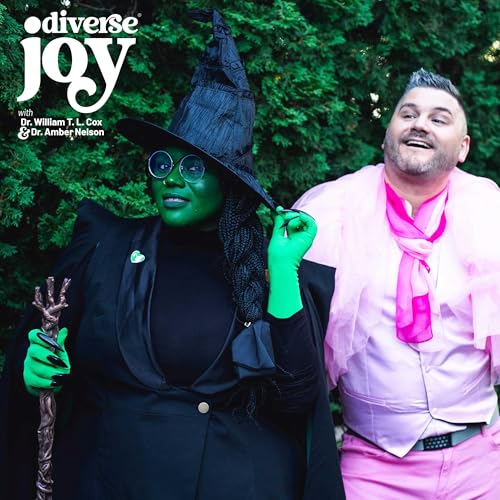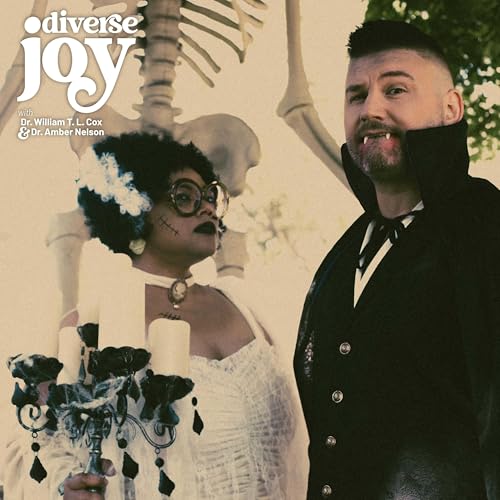Amber's geeky joy this month is the creativity of insurance commercials, and Will’s joy is visiting the American Players Theater for Shakespeare productions. July is BIPOC Mental Health Awareness month, so the cohosts discuss bias and its effects on mental health. We talk about various ways that bias can cause mental health issues, whether that bias comes from outside influences or from within oneself. We also discuss coping mechanisms to help mitigate the impacts of stereotyping and bias on mental health, one of which is Amber's acronym SAFETY, which stands for Soul care, Asking for help, Finding community, Engaging in social activism, Tending to your whole self, and Yanking the plug. We also cover some of the obstacles and intolerance people have against mental health therapy. During story time, Will shares a story about a time he unintentionally expressed bias and was called out for it but worked to understand why what he did was not great, and a story about someone expressing prejudicial preconceived notions against his father for displaying American flags in office, and how his father came to understand that person’s differing perspective. These stories lead to a nice deliberation about how people can see the same event or symbol (e.g., the American flag) in very different ways and how to be intentional in the values we put on display (such as pairing an national flag with other, values-based flags). The audience question is about how to respectfully make presentations, or how to lead discussions, about identities that are not your own. This episode’s bias habit-breaking skill is to Retrain Reactions with the mnemonic Detect/Reflect/Reject. And we close with Amber’s joyful recommendation of the long-running, goofy, time-twisty television series, "Doctor Who", with a special shout out to Jinkx Monsoon!
We now have merch! Buy some to support the show at https://www.biashabit.com/store
Follow Diverse Joy on social media, including Facebook, Instagram, Twitter/X, Threads, and Bluesky.
 54 mins
54 mins Jan 7 202657 mins
Jan 7 202657 mins 57 mins
57 mins 50 mins
50 mins Oct 1 202555 mins
Oct 1 202555 mins 1 hr and 27 mins
1 hr and 27 mins 1 hr and 21 mins
1 hr and 21 mins 1 hr and 45 mins
1 hr and 45 mins
